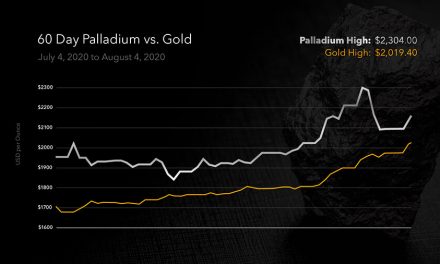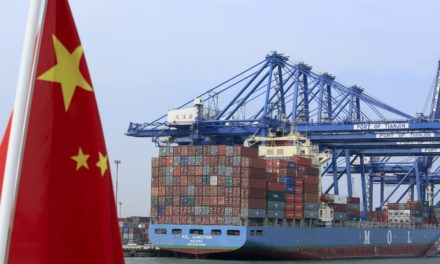With electric vehicles (EVs) becoming more common on roads throughout the world, it is not surprising that the petroleum sector is now hard-pressed to make its own paradigm shift given the need to address climate change through the eradication of carbon use and the push towards independence from fossil fuels.
American oil titan Exxon is one such company that is trying to retain its relevance by replacing part of its production of gasoline with that of more valuable items derived from crude oil such as plastic feedstock and both industrial and commercial lubricants.
During a press briefing held on Wednesday, September 20th, at Exxon’s office in Spring, TX, the company’s senior vice-president Jack Williams remarked that there are plans to modify yield targets, reducing the production of gasoline and increasing that of distillates, as well as chemical feeds. Indeed, given how experts see a drastic decrease in demand for petroleum-derived fuels, this revamped strategy is seen as the company’s way of coping with the changing times.
As of press time, the company has decreased the production of both fuel oil and high-sulfur petroleum at its facilities in Singapore and the United Kingdom. Instead, Exxon aims to shift the bulk of its operations towards chemical production, particularly for compounds that have few or virtually no low-carbon versions. This is seen as a major move for a company that has been in the oil refining business for the better part of a century.
Admittedly, this new strategy may be the only way out for Exxon whose current carbon footprint is twice as large as that of many of its competitors, making it the biggest titan to fall in the event of an accelerated push towards renewables and the adoption of EVs as standard transportation. Nevertheless, its management core is optimistic that it can effectively put its shift into action, thus enabling it to remain relevant even as the world shifts towards carbon neutrality.















